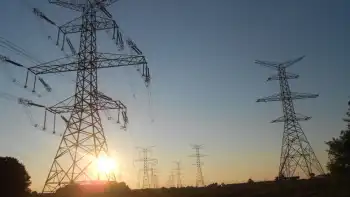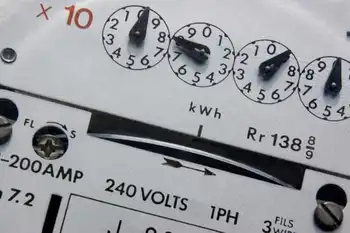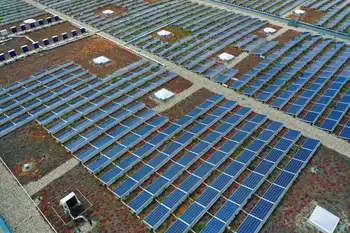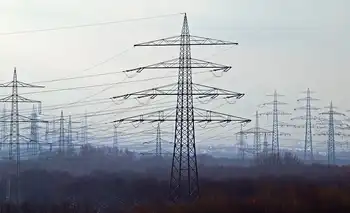EPA ruling could speed up approval of coal plants
By New York Times
Substation Relay Protection Training
Our customized live online or in‑person group training can be delivered to your staff at your location.

- Live Online
- 12 hours Instructor-led
- Group Training Available
The ruling, by Stephen L. Johnson, the administrator, responds to a decision made last month by the Environmental Appeals Board, a panel within the EPA, that had blocked the construction of a small new plant on the site of an existing power plant, Bonanza, on Ute tribal land in eastern Utah.
The Supreme Court ruled last year that the agency could regulate carbon dioxide, the most prevalent global warming gas, under existing law. The agency already requires some power plants to track how much carbon dioxide they emit.
But a memorandum issued by Mr. Johnson puts the agency on record saying that carbon dioxide is not a pollutant to be regulated when approving power plants. He cited “sound policy considerations.”
His said in the memorandum that each year, about 275 new sources of pollution, from power plants to apartment buildings, must obtain permits saying that they will not significantly decrease air quality. Mr. Johnson wrote that the decision he overruled had confused the federal and state agencies that issue these permits.
“Given the confusion,” the memorandum said, “the best path forward is to establish a clear interpretation” of what can be considered a pollutant to be regulated.
“The current concerns over global climate change should not drive EPA into adopting an unworkable policy of requiring emission controls” in these cases, he said.
Mr. Johnson rejected a new line of attack by environmental groups. In the wake of the Bush administrationÂ’s failure to decide if carbon dioxide could be regulated under existing laws, environmental groups pursued a new strategy in fighting proposed coal plants like the one in Utah.
They asserted that because carbon dioxide must already be monitored under federal laws, that monitoring is tantamount to regulation. Therefore, they argued, its impact must be considered before new plants are approved. Last month the appeals board said the argument could be used, but was not required. The administrator overruled the board. He said that simple monitoring cannot be considered regulation.
John Walke, a lawyer at the Natural Resources Defense Council, said in a statement, “It’s a marvel to behold an EPA action that so utterly disdains global warming responsibility and disdains the law at the same time.”
Jeff Holmstead, a former EPA official who now works with the Electrical Liability Coordinating Council, said the Johnson memo ensured that the incoming Obama administration had increased freedom to make its decisions on the status of carbon dioxide.
“I think if you’re Lisa Jackson,” whom Obama has chosen as Mr. Johnson’s successor, “you have to be pretty grateful,” he said. “She has the opportunity to go through a rule-making and see how to deal” with the issue.
Vickie Patton, deputy general counsel of the Environmental Defense Fund, estimated that as much as 8,000 megawatts of new coal-fired power plants could win swifter approval as a result of the ruling.
Opponents of coal plants list several in the late stages of the approval process that could be affected by the decision.
“There are a bunch that they are going to argue now don’t have to consider carbon dioxide, and which will be beyond the reach of the incoming Obama administration,” said Bruce Nilles, director of the anticoal campaign at the Sierra Club, an environmental group.
He listed a proposed $1.25 billion plant, called Pee Dee, that Santee Cooper, a South Carolina utility, is seeking to build and that won state approval; a project in Rogers City, Mich., that the Wolverine Power Cooperative Electric is seeking to build; and another project in Utah, a small plant sought by Consolidated Energy in Davis County. That one would run on petroleum coke, which is also carbon-rich.











